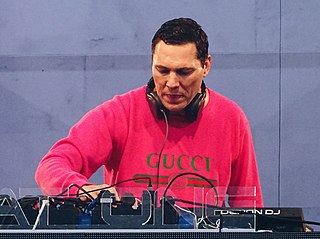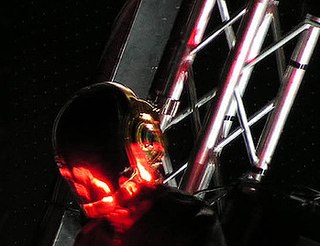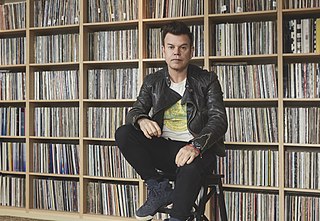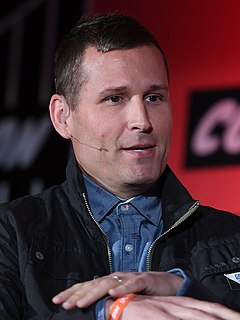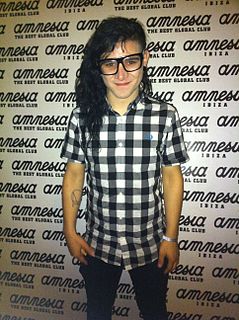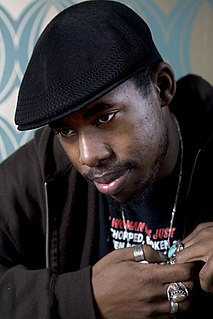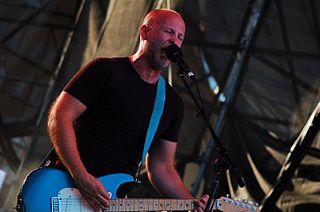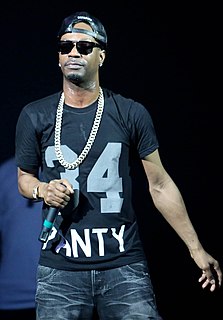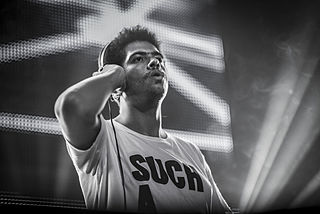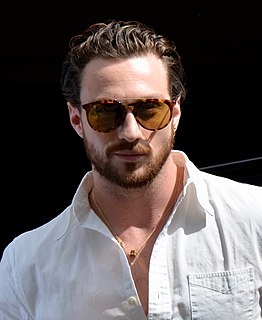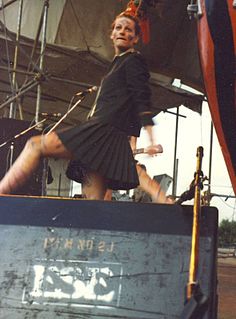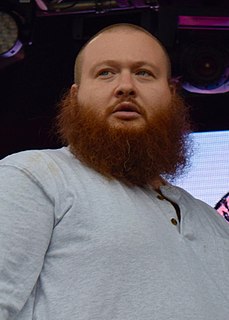A Quote by Tiesto
At the end of the '90s and into 2000, electronic music was still an underground phenomenon, especially in America.
Quote Topics
Related Quotes
In some ways it's hard to see electronic music as a genre because the word "electronic" just refers to how it's made. Hip-hop is electronic music. Most reggae is electronic. Pop is electronic. House music, techno, all these sorts of ostensibly disparate genres are sort of being created with the same equipment.
I think what's made electronic music so fascinating is that it came up through the underground and always moved and pivoted so quickly that you could never keep a handle on it. That continues to happen. Sure, the stuff on the very top moves slower and is marketed for Spotify. But there are still going to be undercurrents that flow freely and move around, simply because there's too much of a base with this music.
I'm trying to fly the flag for the days of electronic music where people who are making it are also building the gear because that was what was happening in the very early days of electronic music. And that spirit is one of the things that really appeals to me about electronic music so I'm putting this forward as a way to keep that.
The place of electronic music, culturally and socially, is today completely different - it is now everywhere, and it has been totally accepted. Consequently, there is now a younger generation that is more focused on making great electronic music, good parties, and having fun, where there is not any more so much need for cultural and ideological statements in electronic music itself.
